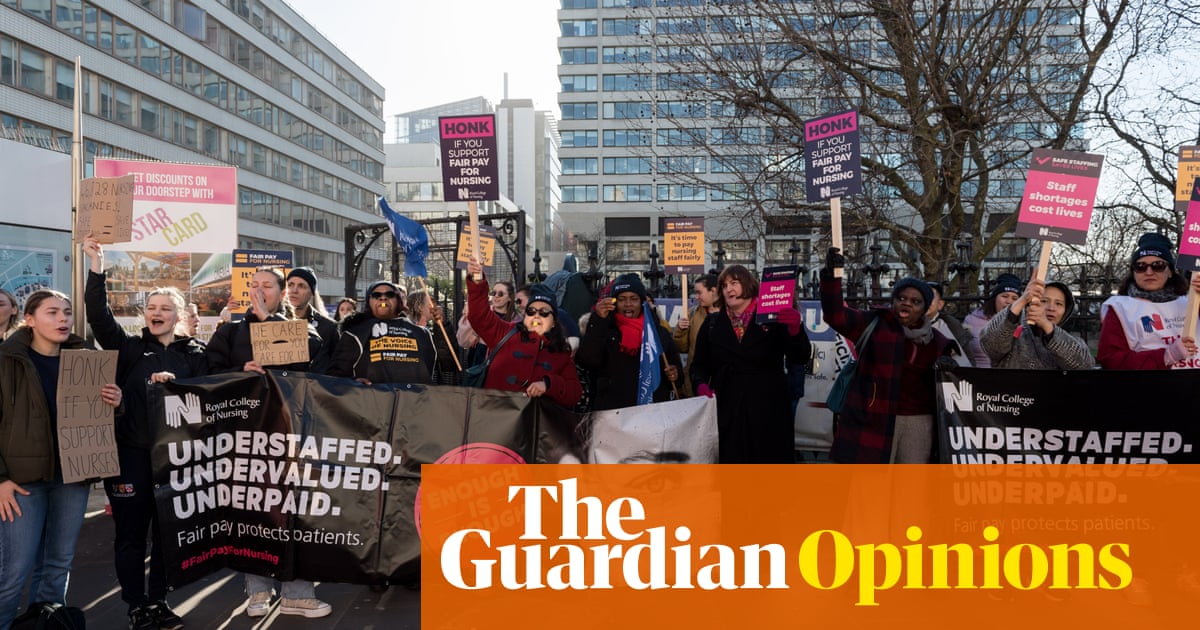
Harper’s law is named after PC Andrew Harper, killed in pursuit of three quad bike thieves in 2019. It introduces mandatory life sentences for anyone whose crimes result in the death of an emergency service worker, and is expected to take effect at the start of 2022, after a successful campaign by Harper’s widow, Lissie. The pair were newlyweds when the police officer was killed.
Some crimes and their subsequent prosecution demand systemic change; others feel simply unresolved by the legal outcome, and it’s hard in the moment to distinguish between the two. Harper’s killers, Henry Long, then aged 18, and Jessie Cole and Albert Bowers, both 17, were all cleared of murder and convicted of manslaughter. Their sentences weren’t insignificant – Long’s was 16 years; Cole and Bowers were both sentenced to 13 – but their conduct was unrepentant, chilling. It emerged after the trial that the jurors had been given extra security amid fears of potential intimidation by supporters of the defendants. It was understandable to perceive, as Lissie Harper did, that rather than facing justice, Long, Cole and Bowers had slipped through its technicalities and niceties, that their punishment was insignificant compared with the harm they had caused.
It’s essentially to redress that balance – the loss of such an upstanding, public-spirited and altruistic character as Andrew Harper, distortedly mirrored in the leniency toward three antisocial, callous criminals – that Lissie Harper pursued this law change. Appeal judges had already rejected calls to increase the sentences.
There is a principle at the core that is unarguable: people who put themselves at risk to protect others deserve a more ardent protective social shield than an ordinary citizen. It’s a principle that is echoed in rhetoric around ex-service personnel, prison officers, nurses and, more recently in the wake of Covid, bus and delivery drivers. In order for all of us to live peaceably, some must put themselves in danger, and gratitude for this demands a responsive reciprocity. The law is a social tool for mitigating those dangers. This, Harper’s law indicates, is more important than more abstract questions, such as whether it is possible or desirable for a judicial system to sort citizens into a hierarchy of good ones versus bad ones, and build different laws around each.
It is highly questionable, however, whether giving a mandatory life sentence to anyone whose actions cause a death in service does actually protect those public servants. By definition, this new law will predominantly affect criminals whose actions accidentally resulted in death, since murder carries a mandatory life sentence anyway. Putting aside the ethical question of whether wrongdoing is better or worse when you didn’t mean it, there is the practical question of whether it’s possible to be deterred in advance from an act that you didn’t intend. So unless we believe that very long sentences will warn people off committing crime altogether (and we know from the three-strikes sentencing process in California that extremely harsh sentencing has only a marginal deterrent effect, offset from a social perspective by massive increases in the prison population), the protective force of Harper’s law is questionable.
This isn’t to minimise the threats the emergency services face. Some 10,000 attacks on police officers, nurses, and other frontline staff take place every year. Ambulance drivers describe, in astonishment, the violence they face from people as they undertake the immediate business of saving lives. Prison officers give alarming accounts of surging violence, exacerbated by overcrowding and understaffing. The common factor across all of these tales of violence is that frontline workers are meeting with unprecedented rage and frustration, both in predictable contexts (policing, prisons) and unpredictable ones (A&E).
Public servants often account for this in ways that sound nebulous and unfixable: has the pandemic triggered a large-scale mental health crisis? Are public services so underfunded that previously routine situations have become sites of tremendous pressure and potential violence? These factors, hard but not impossible to quantify, are still a problem even if public discourse does not acknowledge them. Against this backdrop, many emergency service workers will feel about Harper’s law roughly as nurses felt about being clapped every Thursday: it’s nice to know you care, general public, but this display does very little to improve the lived reality of the challenges you say you care about.
The underlying political agenda is grimly recognisable – a display of harshness to give the impression of competence and grip; a constructed enemy, to sort the nation into categories of those who are on the side of good versus those on the side of evil. It is tactically not unlike New Labour’s “tough on crime” shtick – sacrificing insignificant people (who in the case of antisocial behaviour orders, as likely as not couldn’t even vote) was easy meat for bellicose media.
Harper’s law has a much less widespread application. Fewer than one police officer a year is killed while attempting to prevent, stop or solve a criminal act. But it’s nonetheless unsettling. It’s a law that ties the hands of judges and disregards their expertise; but more than that, it is a law designed to meet the real problem of a newly febrile public sphere. It washes away the intricacies of policy, the complexities of evidence and pluralism, with a set of false dichotomies: are you in favour of our brave service personnel or do you prefer lowlifes and defence barristers? Are you for good or for evil?
Zoe Williams is a Guardian columnist












